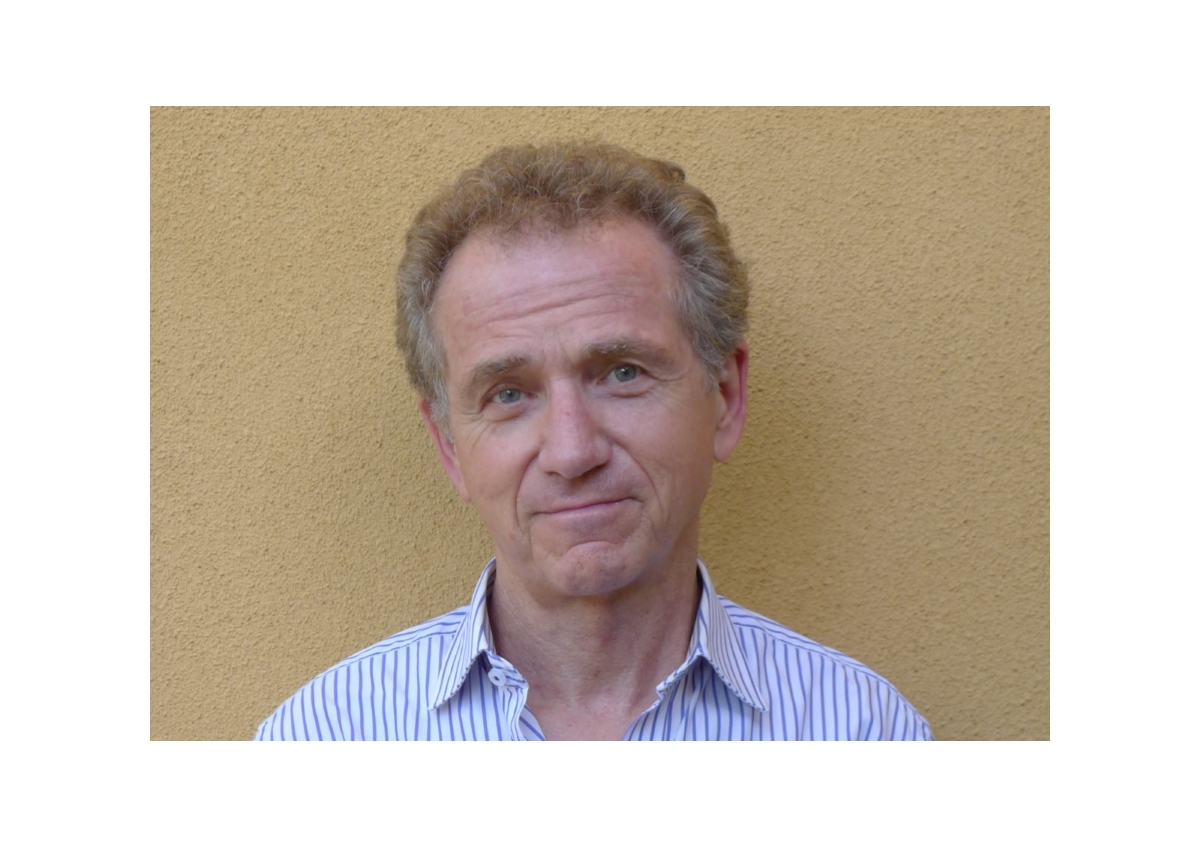
My favourite opening line in a novel is that well-worn chestnut from Dickens: “It was the best of times, it was the worst of times, it was the age of wisdom, it was the age of foolishness…”. For those of us working in remote Australia, the contrasts are equally stark. In 2004, developing a definition of Remote Health, I wrote (far less eloquently):
“Remote Health practice in Australia is characterised by geographical, professional and often social isolation of practitioners; a strong multidisciplinary approach; overlapping and changing roles of team members; a relatively high degree of GP substitution; and practitioners requiring public health, emergency and extended clinical skills. These skills and remote health systems, need to be suited to working in a cross-cultural context; serving small, dispersed and often highly mobile populations; serving populations with relatively high health needs; a physical environment of climatic extremes; and a communications environment of rapid technological change“.
Living and working in remote areas can be tough, but the rewards are commensurately that much sweeter. Remote health professionals provide services for populations with the highest health needs and demonstrably lowest access. It would be difficult to find another environment in Australia where we can work to our full scope of practice, experience such a high level of job satisfaction or have the same level of impact on the health of individuals and communities. As I perused the stories over the past year in this newsletter about national, NT-wide, regional and university awards to staff, supervisors, students and graduates, the moment of the award captured by the accompanying photos was contrasted in my mind with the hours, days and weeks of commitment, passion and bloody hard work behind them.
Another key characteristic of Remote Health practice is teamwork. This week, Heather Jensen and I were members of different teams that won highly competitive Australian Research Council grants. Heather is part of a team investigating implementation of the National Disability Insurance Scheme in rural and remote areas. I’m leading a multi-institutional team working in partnership with Aboriginal Community Controlled Services across three states examining workforce issues and how to stabilise the remote health workforce. These projects highlight the importance of collaboration to our work. The collective team track record got us over the line to win these grants and our combined research skills will enable us to complete the studies. More generally in our work we need to work to team members’ strengths, and to ensure in our teaching that we are developing team-ready graduates.
As many of you hit the road to holiday destinations for a well-earned break and to catch up with friends and family, I wish you safe travel and only the best of times.
Professor John Wakerman
Associate Dean
Flinders Northern Territory

